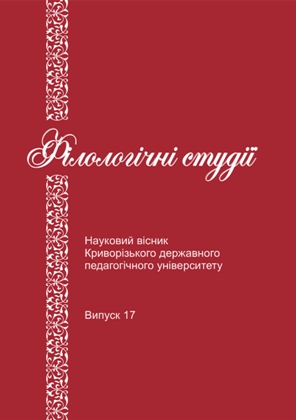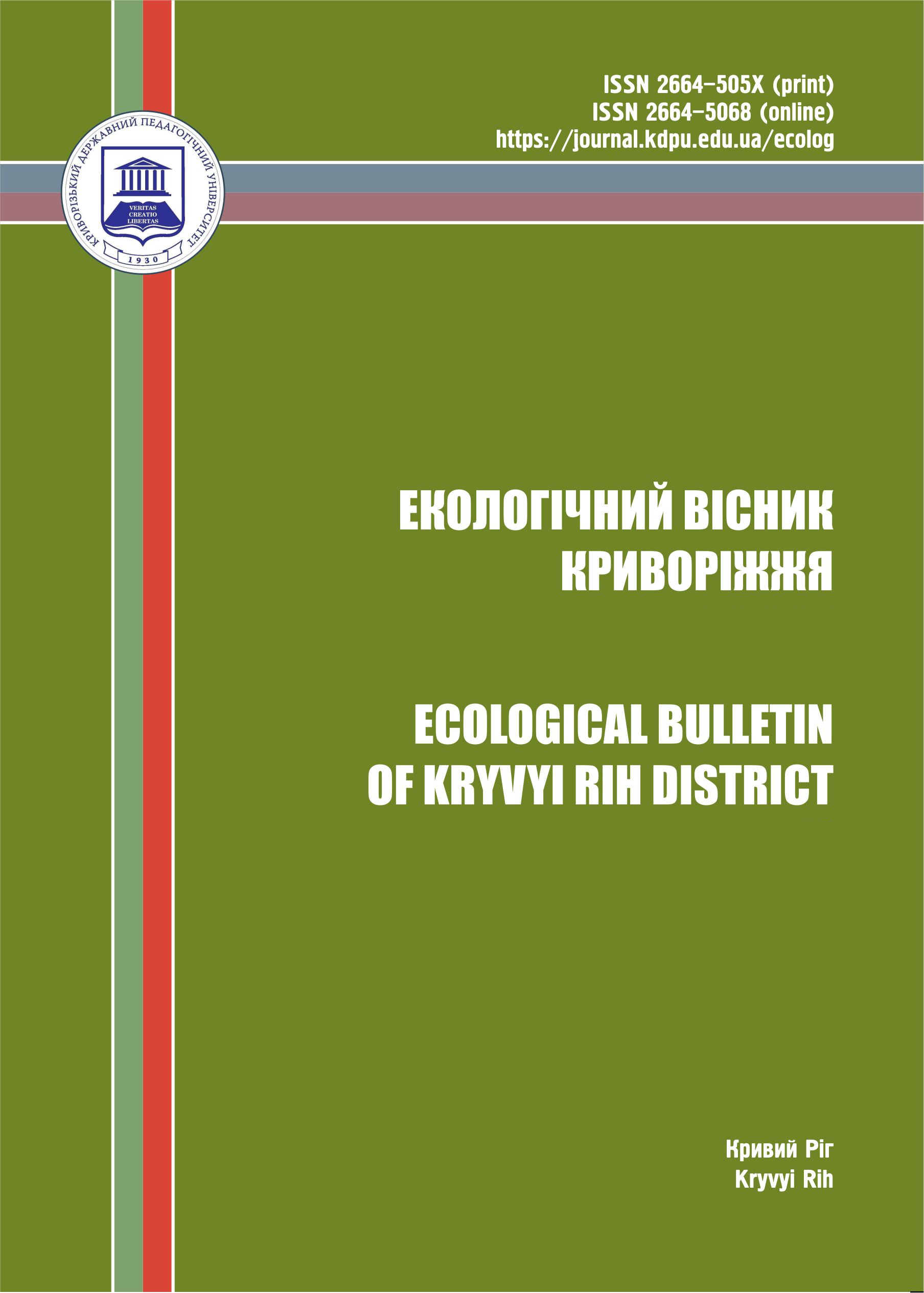Journals
-
Actual Problems of Mind
“Actual Problems of Mind” accepts articles devoted to the philosophy of mind and other topical issues that reflect the diversity of contemporary philosophical thought in Ukraine and around the world. It is a peer-reviewed open access periodical that publishes original articles, reviews, and translations from all branches of philosophy. The editorial board strives to popularize the achievements of contemporary analytical philosophy among the Ukrainian philosophical community. Translations of highly original and classical philosophical texts are also welcome, provided that copyright is protected
-
Educational Dimension
Educational Dimension is a Diamond Open Access peer-reviewed journal focused on the research on education, learning and training, and applications of theories and philosophies used in the sciences of learning and adjacent sciences. The Educational Dimension occupies contributions in all aspects of learning theories, learning technologies and tools, paradigms and models. The main problematic field of the journal is the current and future issues of modern pedagogical science: psychological and pedagogical, philosophical, and socio-cultural aspects of education, learning and training, modern theories, technologies and teaching aids, the emergence of which is determined by globalization, integration processes, social transformations, humanitarian and scientific and technological development. There is an urgent general need for principled changes in postclassic education elicited by current theories, models, tools, services, networks and communications.
Educational Dimension welcomes research papers, systematic reviews, and meta-analyses that include clear research questions, a framework of analysis, and conclusions that reflect the paper's aims.
-
Philological Studies: Scientific Bulletin of Kryvyi Rih State Pedagogical University
This publication focuses on the present day problems of modern philology. It covers traditional and nontraditional approaches of studying different linguistic and literature phenomena. It also investigates the important aspects of language teaching at a school level and in higher educational institutions. It can be of great interest for philologists and language teachers of different educational institution.
-
Ecological Bulletin of Kryvyi Rih District
This scientific and scientific & methodological papers collection contains results of the research in the following fields: (i) modern problems of fundamental ecology, (ii) topical issues of ecology and the state of environment at industrial areas, (iii) ecological education and methods for natural sciences teaching.
This periodic scholarly publication designed for: biologists, ecologists & environmentalists, university academics, teachers of lyceum / gymnasium / schools, specialists of out-of-school educational institutions, students and pupils, as well as all those who care about the environment of the native land. -
Pedagogy of Higher and Secondary Education
The scientific journal "Pedagogy of Higher and Secondary Schools" contained materials devoted to highlighting theoretical and practical problems of pedagogy of higher and secondary schools, the formation and development of the educational paradigm, and the integration of psychological and pedagogical factors into the organization of the educational process.
Since 2019, the journal has been published under the name Educational Dimension.
-
Actual Problems of Psychology in Educational Institutions
The collection contains the results of scientific theoretical and empirical research of the actual problems of organization of educational process and psychological and pedagogical support of subjects of educational space. The subject of publications indicates the diversity of interests of the psychological community. Published materials are addressed to both professionals and those who are interested in the current state of psychological science.
-
Literatures of the World: Poetics, Mentality and Spirituality
This publication covers the basic problems of literature studies on the materials of the world literatures. The key researching areas of the publication investigate the practical and evolutionary poetics and theoretical poetology, various manifestations of individual, group, social, ethnic and national specifics of artistic thinking (mentality), and the development of existing approaches and the formation of new conceptual spirituality visions of the world literatures, which are considered to be one of the most difficult problems.








